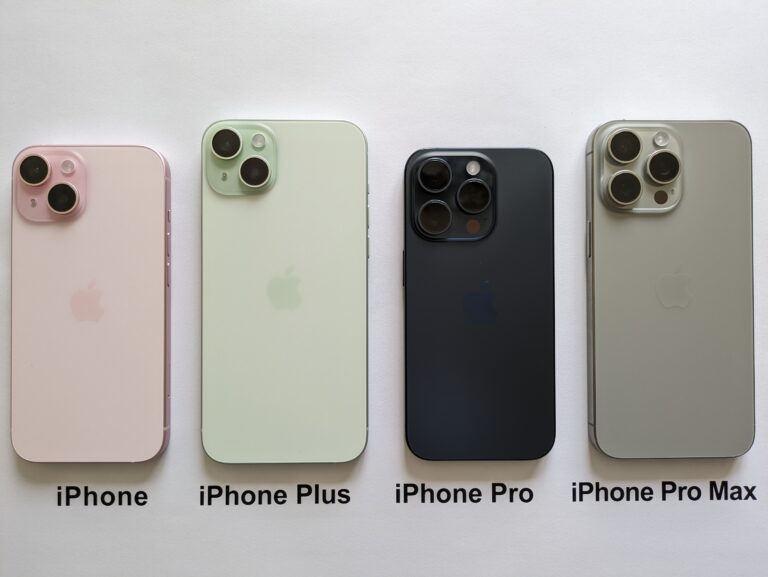The iPhone 16 series is anticipated to significantly transform the user experience, despite only minor hardware updates. Apple’s emphasis on incorporating AI into its ecosystem—via Apple Intelligence and an enhanced Siri—will deliver seamless AI support across all devices.

It’s that time of year again—Apple’s annual refresh of the world’s most valuable and influential smartphone ecosystem, giving millions of users a glimpse into the future. While innovation in the smartphone industry has reached a point where major changes to the iPhone are rare, this year promises something different. Apple is poised to introduce a range of AI features at the core of its iOS operating system, making the user experience drastically different, even if the hardware upgrades remain incremental.
What stood out at this year’s WWDC is Apple’s uniquely integrated approach to generative AI (GenAI), setting it apart from other smartphone makers. Since the conference, Google has released new Pixel phones that similarly incorporate GenAI, bringing the technology directly to users without overwhelming them. Meta is also embedding GenAI into its key products, such as WhatsApp and Instagram.
Where Apple has the upper hand is in how its AI capabilities work seamlessly across its entire ecosystem—from AirPods to MacBooks. Apple is expected to extend this synergy with Apple Intelligence, acting as a smart central nervous system that enhances the user experience across devices, even when the iPhone is not in hand. Meanwhile, Siri, the world’s first truly smart assistant, is set to receive a significant upgrade with GenAI features. Millions of users already rely on Siri for everything from making calls to mapping routes, which could accelerate the adoption of Apple Intelligence through this familiar interface.
As users discover the value of these new AI-powered features, they are likely to become more engaged with Apple’s ecosystem, making it difficult to switch, even when competitors offer similar features at lower prices. This is the allure of Apple—how effortlessly it integrates new technologies into its ecosystem.
According to Canalys, Apple sold 207.2 million units globally in 2020, with an average selling price of $788. By 2023, not only did unit sales increase to 229.1 million, but the average selling price also jumped to over $1,039. In the first half of 2024, the average price climbed even further to $1,062, marking a 25% increase in just four years. It wouldn’t be surprising if prices rise again with the introduction of these new AI-powered features.
.
